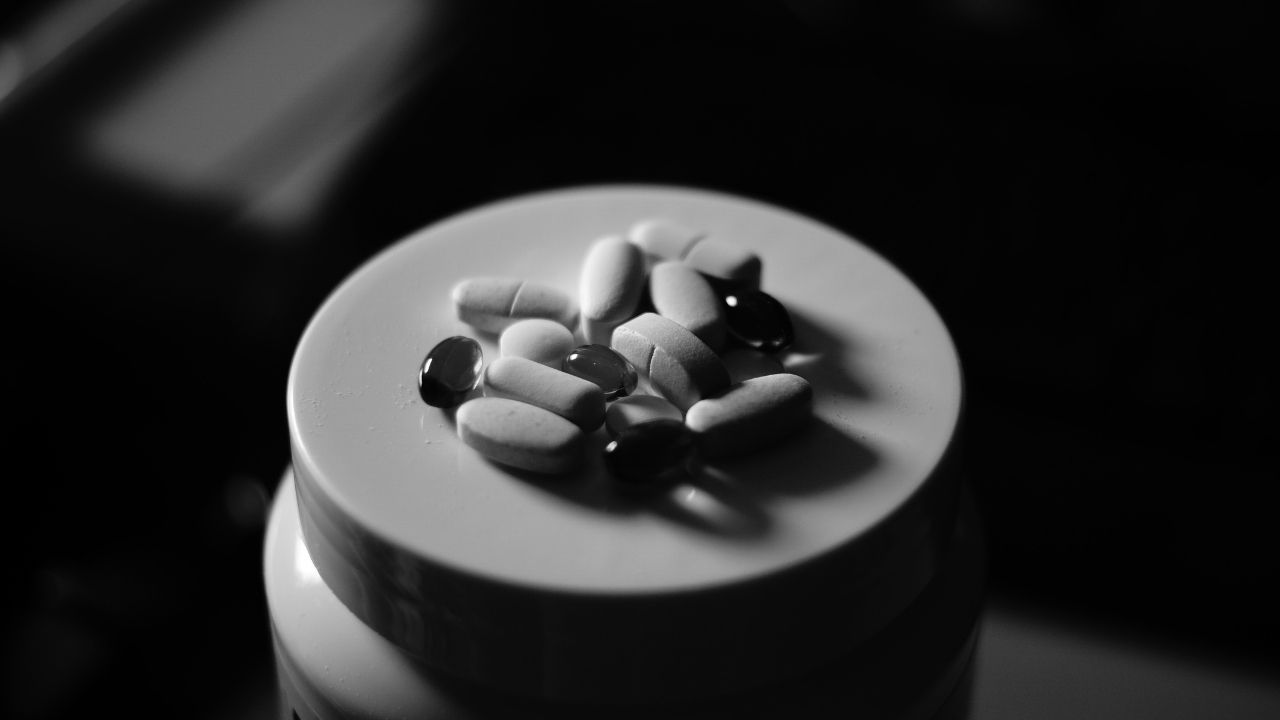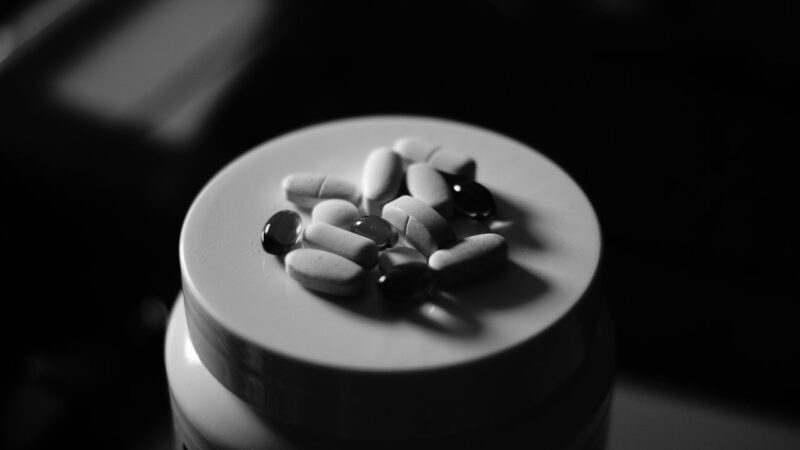– Updated on January 29, 2026
Some antipsychotic medications have been linked to an increased incidence of breast cancer, according to lawsuits being filed in courts nationwide. These drugs, including Risperdal, Invega, and their generics, are part of a second generation of antipsychotic medications prescribed for patients since the mid-1990s.
If you took one of these medications for an extended time and later received a breast cancer diagnosis, you may qualify to file an antipsychotic drugs lawsuit against the drug company that designed, manufactured, and marketed these drugs. A dangerous drug lawyer can help you understand your options.
What Medications Are the Target of These Lawsuits?
The medications in question are antipsychotic drugs used to treat several mental health concerns, including schizophrenia, bipolar disorder, and some symptoms of autism. These drugs come from a “new” generation of pharmaceuticals meant to offer better efficacy with fewer side effects than “conventional” neuroleptic drugs.
The drugs in question include:
- Risperdal (risperidone)
- Invega (paliperidone)
The defendant in these cases is the drug manufacturer Janssen Pharmaceuticals. This company is a subsidiary of Johnson & Johnson.
Is Your Medication Linked to a Lawsuit?
Why Are Plaintiffs Suing the Drug Company Over These Antipsychotic Medications?
There is evidence—both scientific research and anecdotal evidence of patients—that links certain antipsychotic medications with an increased incidence of breast cancer. Individuals who meet specific criteria could file a lawsuit and join others working to hold the at-fault company legally responsible.
You may qualify to sue the drug company if:
- You were prescribed Risperdal or Invega and took it for five years or more, or you took a generic for at least five years in California, Massachusetts, and Nevada, and
- You received a breast cancer diagnosis, and
- You did not exclusively take these drugs in Connecticut, Georgia, Idaho, Illinois, Indiana, Iowa, North Carolina, or Tennessee.
What Evidence Is Available to Link These Antipsychotic Drugs to Breast Cancer?
There is evidence that these medications are linked with increased exposure to a hormone called prolactin, which is essential during puberty, pregnancy, and breastfeeding. This link has been known by the drug’s manufacturer, Janssen Pharmaceuticals, for 20-25 years, according to previous lawsuits against the company.
Current research is seeking to determine the role of this hormone in increasing the risk of breast cancer. One study, the largest ever conducted on women taking antipsychotics, found that these drugs significantly increased the relative risk of developing this type of cancer.
According to a 2022 study published in the Journal of Clinical Psychopharmacology, drugs that have a significant effect on prolactin levels in the body—including paliperidone and risperidone—increase the relative risk of developing breast cancer in patients by up to 62 percent.
What Other Evidence Will Attorneys Use to Prove the Link?
With these cases still in the early stages as of January 2025, the evidence that will be uncovered during discovery and used at trial is unclear. However, other studies have linked these medications with breast cancer, too. This includes research published in Clinical Psychopharmacology and Neuroscience.
Our partner law firms that handle mass torts have access to resources, including a network of experts who can testify about scientific topics, medical needs, economic impacts, and more. Experts can also provide key evidence in these cases.
Have There Been Previous Issues With These Antipsychotic Medications?
These are not the first lawsuits Janssen Pharmaceuticals has faced related to their new generation of antipsychotic medications. The previous Risperdal lawsuits were also based on a side effect linked to excess prolactin exposure. The injury in these cases was gynecomastia (male development of breasts).
The lawsuits against Janssen Pharmaceuticals based on gynecomastia also allege that the company knew about the risk for years before it issued a warning to consumers. According to expert testimony in A.Y. v. Janssen Pharm. Inc., an internal study into the drug’s side effects uncovered the issue in or before 2000 or 2001.
Still, the company failed to warn users of side effects, including hyperprolactinemia and prolactin-related gynecomastia. Based on the evidence, plaintiffs recovered significant sums.
Schedule A Free Case Review!
What Damages Can I Recover in an Antipsychotic Drugs Lawsuit?
The damages recoverable in an antipsychotic drug breast cancer lawsuit will depend significantly on your diagnosis, necessary treatment, and other factors. Your attorney can help you identify and document your recoverable damages and negotiate or litigate to recover fair compensation.
Some common damages that you could recover in this type of case include:
- Physical and psychological pain and suffering
- Medical care for your cancer and related concerns, current and future
- Lost income from time missed working
- Other out-of-pocket costs with receipts
Some plaintiffs in these cases could receive punitive damages, too. Like in the previous Risperdal lawsuits, it may be possible to show that the drug company was aware of what it was doing or intentionally hid necessary knowledge from consumers. When this happens, the judge or jury could award punitive damages to penalize the pharmaceutical company.
What Should I Do If I Want to Learn Whether I Qualify to File an Antipsychotic Drugs Lawsuit?
If you believe you qualify to sue the drug company and seek justice, you should speak to a dangerous drug lawyer as soon as possible about your next steps. Most provide free consultations for victims. Discussing your case, rights, and how this process works will ensure you understand the steps you need to take.
Our co-counsels work based on contingency. You do not need to pay upfront fees or costs to hire an attorney to represent you.
Discuss Your Legal Options and Next Steps With Our Dangerous Drugs Team
The Goldwater Law Firm is an award-winning, highly recognized law firm. We are currently reviewing cases and answering questions about the antipsychotic drugs lawsuit. If you qualify, we will connect you with our co-counsel near you, who can handle your case. We help people in all 50 states.
.

The Goldwater Law Firm is on mission to help as many people as possible with the fierce, compassionate legal aid only The Gold Standard of Injury Law can offer. If you suffered serious side effects or were diagnosed with an illness because of a defective drug or product, or if you were injured in an accident that wasn’t your fault, Attorney Bob Goldwater and the Goldwater Law Firm is ready to serve as your compassionate partner in the fight to seek the compensation and justice you deserve.
Share this post:






